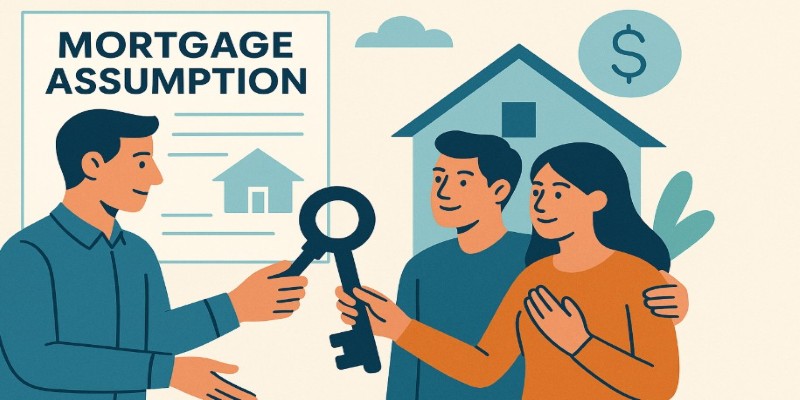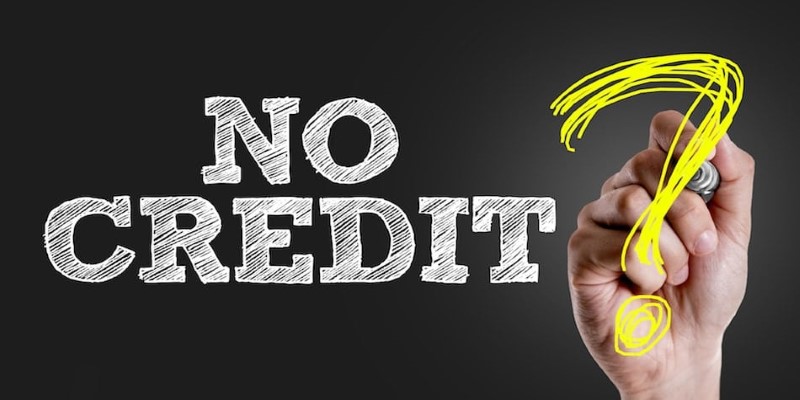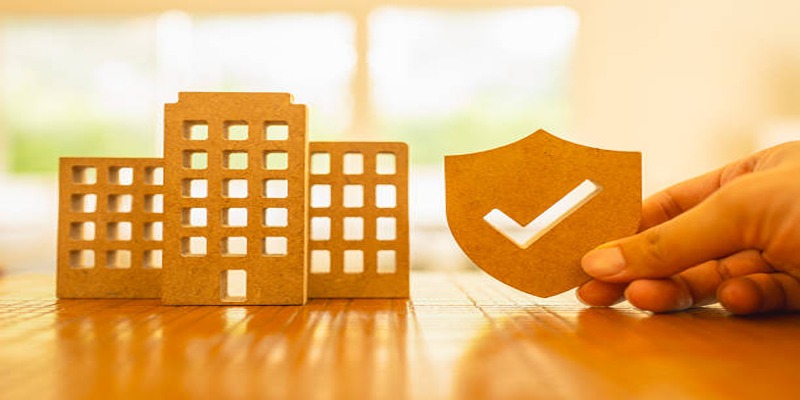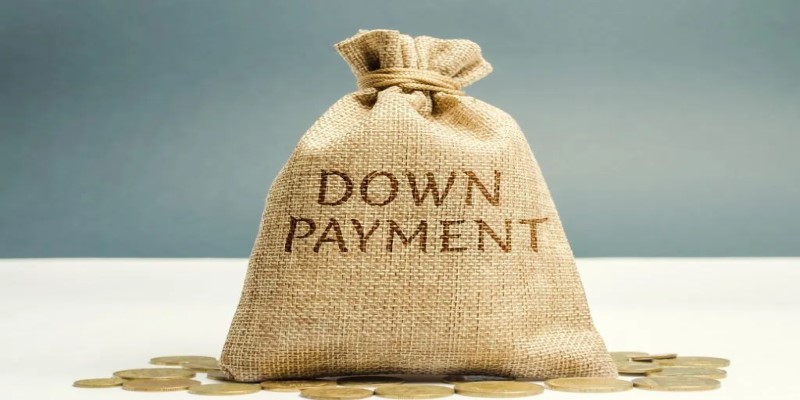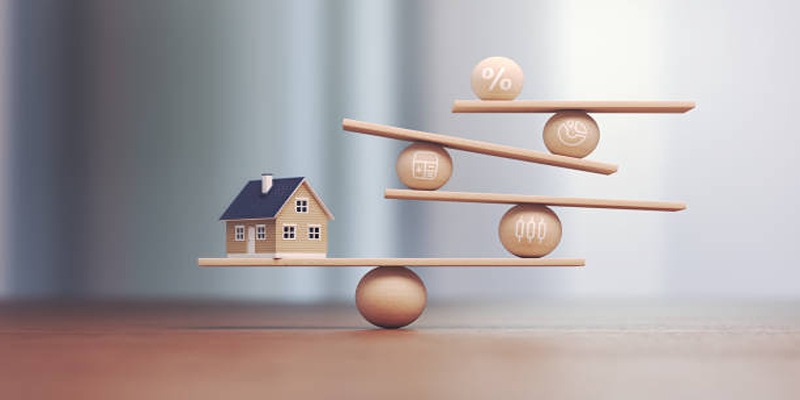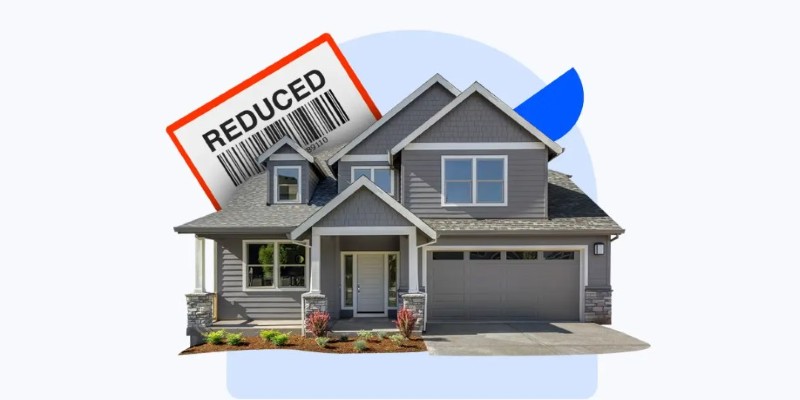Renting out your current home while buying a new one can seem like a big leap. It’s not something people do on a whim—it takes planning, paperwork, and a clear look at the numbers. But there are plenty of reasons someone might consider it. Maybe you're relocating for work, your family needs more space, or you've spotted a great investment opportunity.
Whatever the reason, the idea of becoming a landlord while also taking on a new mortgage comes with some real questions. It’s not just about finances; it’s also about whether you’re ready to juggle two properties at once.
Deciding If Renting Out Makes Sense
Before doing anything, step back and ask if renting out your house is the right move. It’s tempting to hang onto your old home, especially if you’ve built up equity or have a low mortgage rate. But this decision hinges on more than nostalgia. Think about the local rental market. Is there demand? Will the rent you can realistically charge cover your monthly mortgage, taxes, insurance, and maintenance? If you’re not at least breaking even—or ideally turning a profit—it might not be worth the trouble.
Then there’s your comfort level. Not everyone wants to be a landlord. Being responsible for repairs, collecting rent, and managing tenants can turn into a second job. You might consider hiring a property manager, but that cuts into your income. Also, if your current home needs repairs or updates to appeal to renters, factor those costs in upfront. Emotion plays a role, too. Can you really treat your home as a business asset and not get attached when renters don't take perfect care of it?
Financing the New Home
The biggest challenge when renting out your house and buying another is financing. Lenders want to know if you can handle two mortgages. If you still owe money on your current home, you'll need to show that your income can support the existing loan plus the new one. Sometimes rental income can help here—but not always right away.
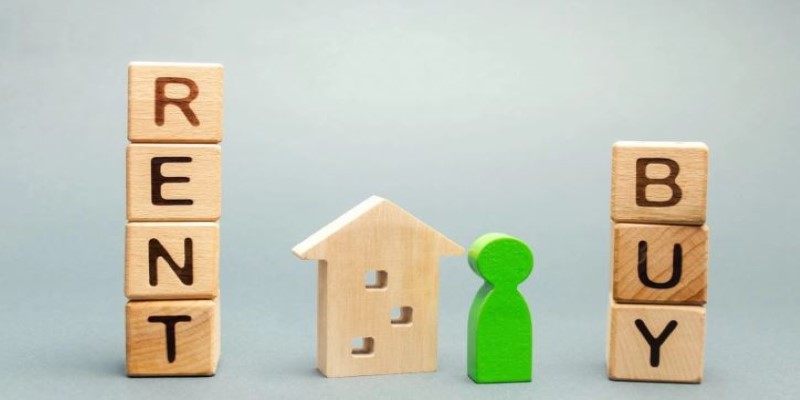
If you've already rented out the property and have a lease agreement in hand, a lender might count a portion of that rental income (usually 75%) as part of your qualifying income. If you haven't rented it yet or don't have landlord experience, you may have to qualify for the new mortgage based solely on your regular income. That can be a stretch.
There’s also the question of the down payment for the new place. If all your equity is tied up in your current home, you won’t be able to use it unless you refinance or get a home equity loan or line of credit. But pulling equity out means adding to your debt load, which could affect your borrowing power. Some people go the route of buying a smaller, more affordable home to keep costs down, especially if the plan is to build a long-term real estate portfolio.
Managing the Transition Between Homes
Timing everything is a bit of a balancing act. You don't want to carry two mortgages for longer than necessary, so planning is key. Ideally, you'll have tenants lined up before your first mortgage payment is due after moving out. That takes coordination—marketing the rental, screening applicants, and getting lease paperwork sorted while also dealing with your move.
There are practical considerations, too. You’ll need to switch insurance policies, turning your homeowner’s coverage into a landlord policy, which comes with different costs and coverage terms. You also might need to update city or county records, depending on local rental regulations. In some places, you have to register as a landlord or have the property inspected before leasing it out.
Utilities, mail forwarding, and maintenance arrangements all need to be updated. If you’re moving out of town or state, having a reliable contact nearby—either a property manager or a trusted person—is essential. You'll want someone who can respond quickly if there's a problem, especially in the first few months.
Long-Term Impacts and Tax Implications
Owning two homes—one as a rental, the other as your new residence—can change your financial life in big ways. You’ll have the potential for passive income but also added responsibilities and exposure to market fluctuations. A downturn in the housing market or a vacancy can affect your cash flow quickly.
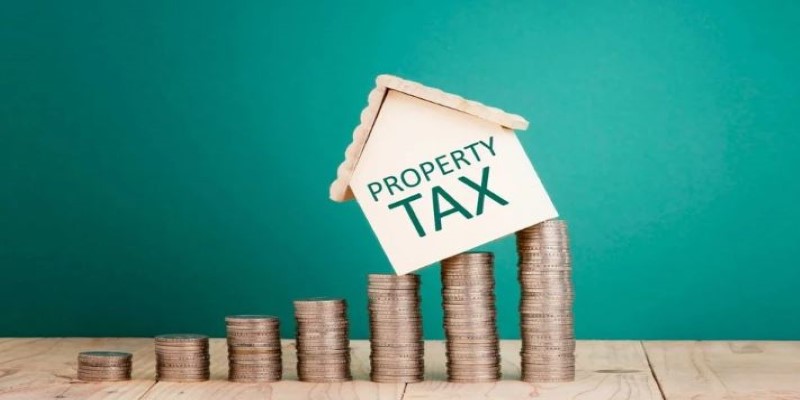
Tax-wise, renting out your home shifts things. You'll need to report rental income, but you can also deduct expenses, including mortgage interest, property taxes, repairs, insurance, and depreciation. However, when it comes time to sell the rental, you could lose the capital gains exclusion that usually applies to a primary residence. That means you might owe taxes on the profit, depending on how long it's been a rental.
On the flip side, holding onto your original home could mean long-term appreciation and greater overall wealth. Some people see it as a stepping stone to owning multiple investment properties. However, it's important to check with a tax advisor or financial planner before making the move. Mistakes can be costly, and it's better to go in with a full understanding of the trade-offs.
Conclusion
Renting out your house and buying another isn’t something to rush into. It takes a clear understanding of your finances, long-term goals, and how comfortable you are taking on the responsibilities of a landlord. There’s real potential for income and property appreciation, but you’ll also need to manage tenants, taxes, and two mortgages. It can open the door to building wealth through real estate if done with the right planning. This move only makes sense if it aligns with both your financial situation and lifestyle. Don’t just crunch the numbers—make sure it’s a step that works for your daily reality.


